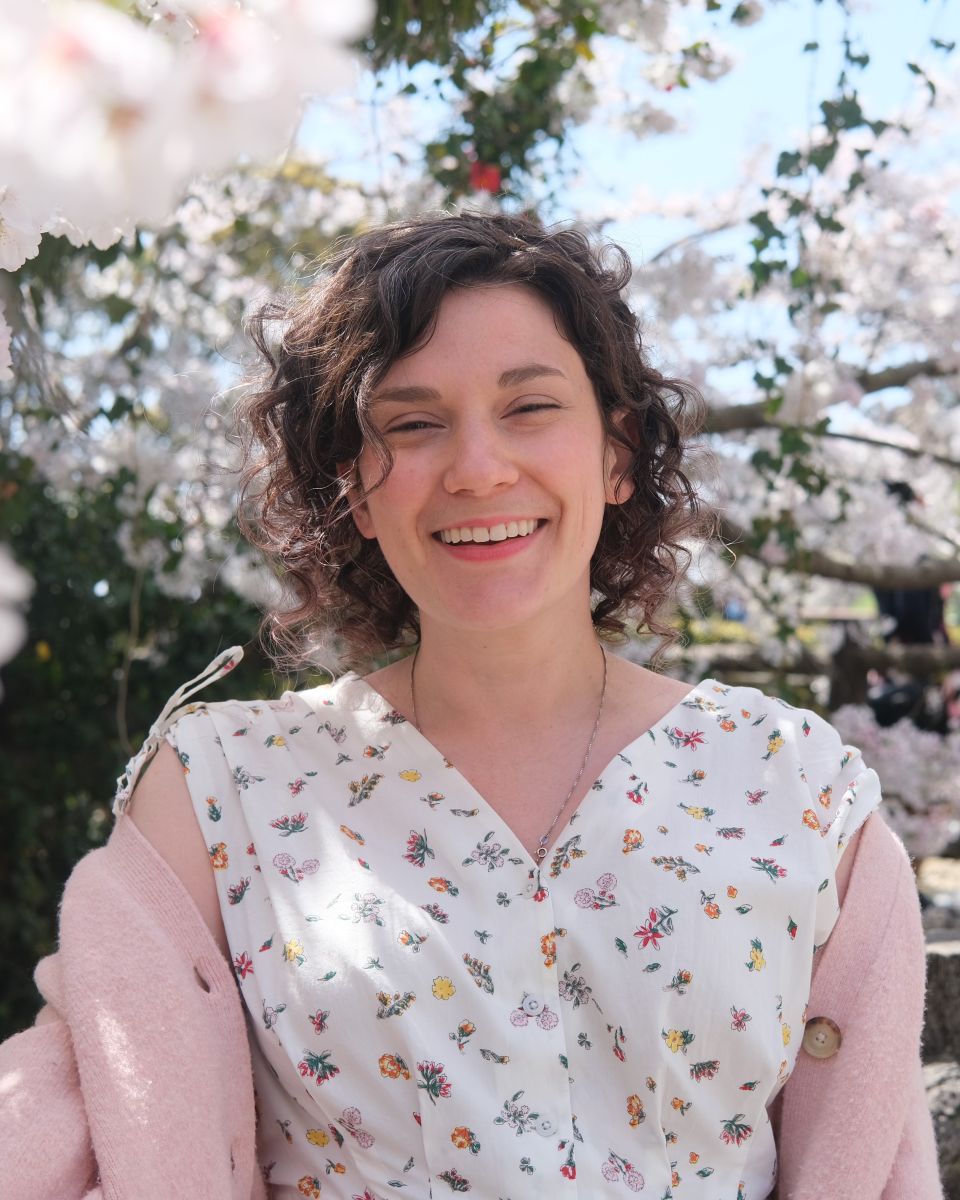

ONLINE LECTURE SERIES
Seiryū Gongen is the name of a dragon deity believed to have traveled to Japan from China in the early ninth century. Since her storied arrival in Japan, Seiryū has become the focus of a rich tradition of localized worship at a Buddhist temple in Kyoto Prefecture called Daigoji. There, she is understood to reside within the sacred spring water of Mount Daigo, upon which Daigoji was established in 874. This lecture will examine various dimensions of Seiryū’s veneration at Daigoji between the tenth and twelfth centuries. I consider not only how her identity transformed at Daigoji, but also how her status as a feminine dragon deity informed the development of worship traditions at this remote mountain temple. Links between dragons and water led to Seiryū’s ascension as a central figure in rituals that held great importance to the imperial family, including rain-making and safe birth practices. Simultaneously, surviving images of Seiryū indicate that her role at Daigoji may have allowed noble women to feel embodied upon the sacred mountain, even if their presence would not have been permitted there in this life.
This is the second lecture in a four-part series that will explore the various relationships that exist between Japanese culture, Shinto, and its deities.

Rachel Quist is an art historian specializing in Japan Buddhist visual culture. She investigates the interactions between Buddhist icons, their worshipers, and their natural environs. Her dissertation, “Forging Bonds through Icons and Ritual: Imperial Patronage of Daigoji,” illuminates the centrality of sculptural icons within the complex interplay of medicinal rituals, imperial politics, and the cosmic worldview of premodern Japan.
In 2024, Rachel participated in installing an exhibition of Daigoji’s treasures at Nakanoshima Museum of Art in Osaka. In 2023, she received a Dissertation Fellowship from the Robert H. N. Ho Family Foundation Program in Buddhist Studies, and in 2022–2023, Rachel conducted fieldwork in Japan with the support of a Fulbright-Hays fellowship. Her research has been published by the Spencer Museum of Art and the John and Mable Ringling Museum of Art. In 2019, she curated Porcelains of Dehua: From Regional Kilns to Global Markets at the John and Mable Ringling Museum of Art.
Related Programs
JAPAN AND KAMI
3. Shinto and Japanese Life - as seen at Meiji Jingu Shinto Shrine, Tokyo
WEDNESDAY, JUNE 18, 2025
7:00-8:15PM
JAPAN AND KAMI
4. Kami in Japanese Popular Culture
WEDNESDAY, JULY 16, 2025
7:00-8:15PM
.jpg)